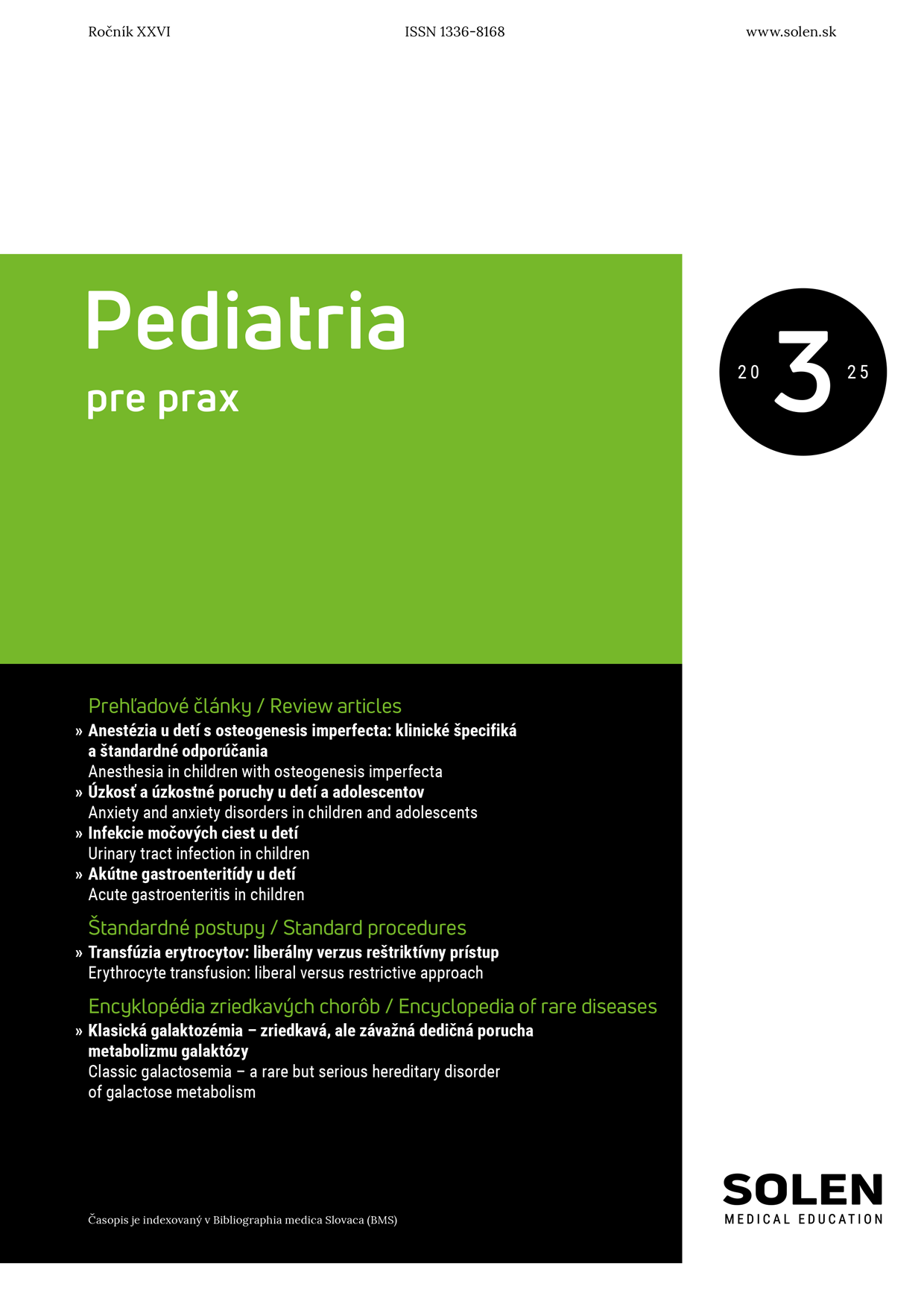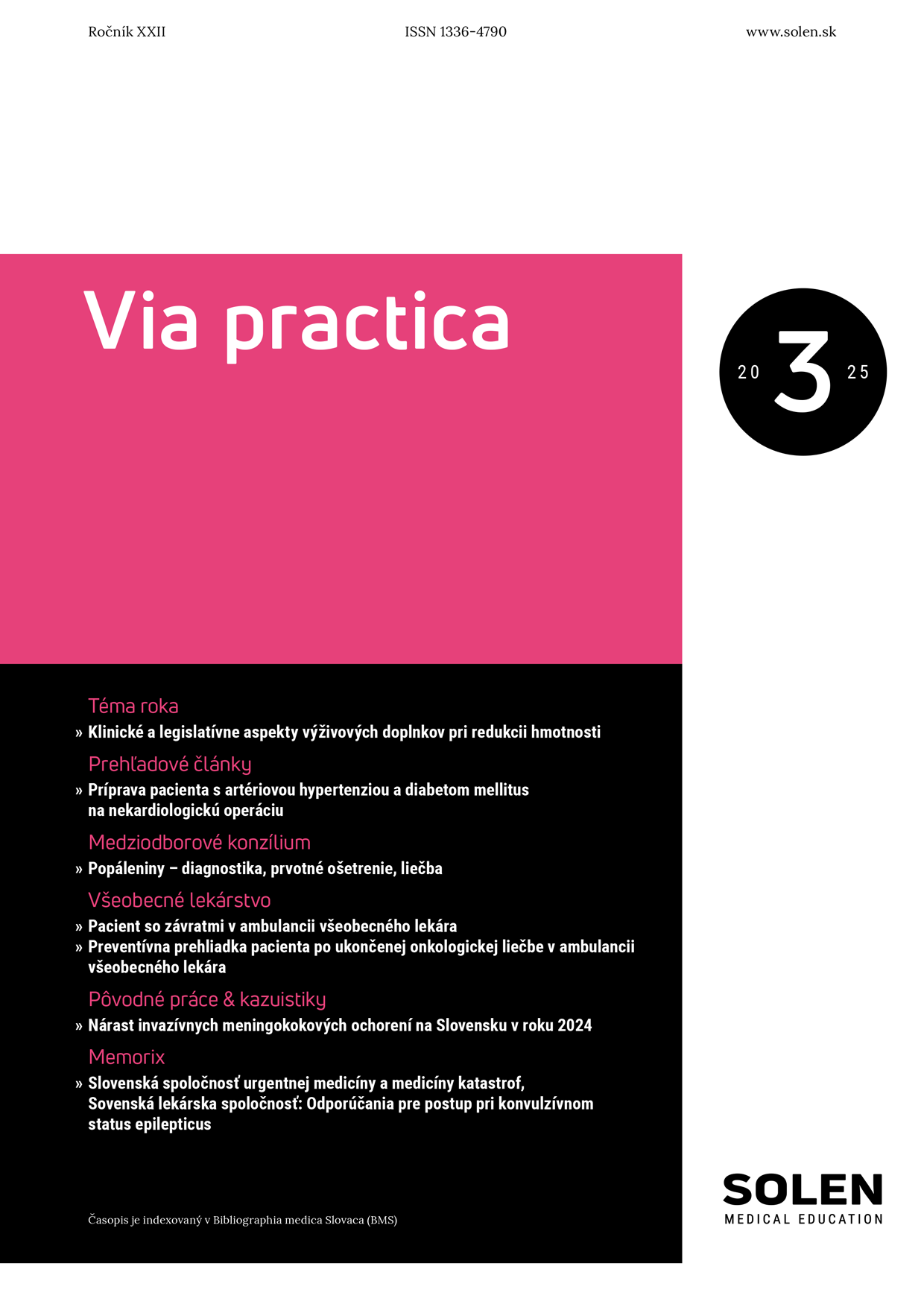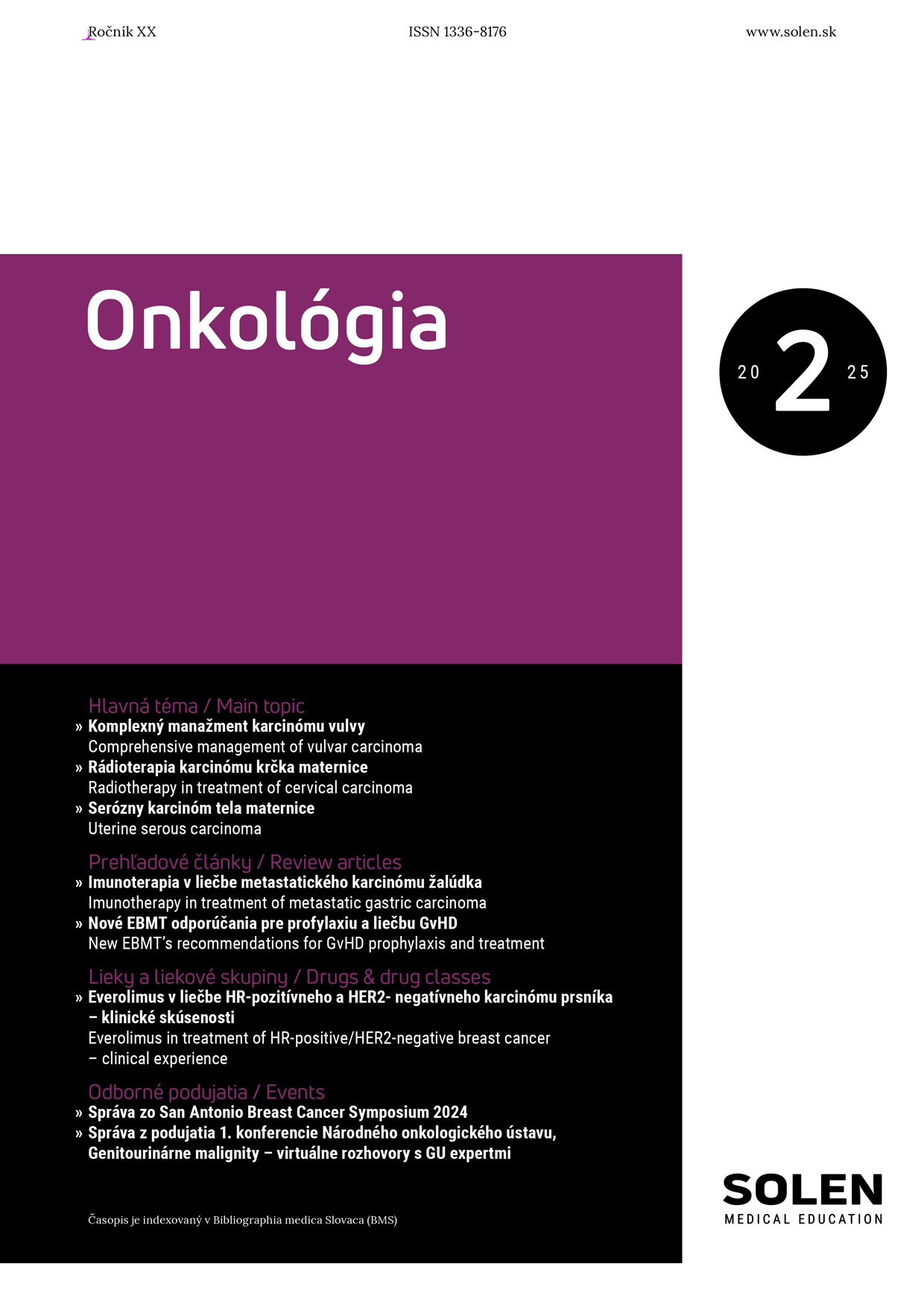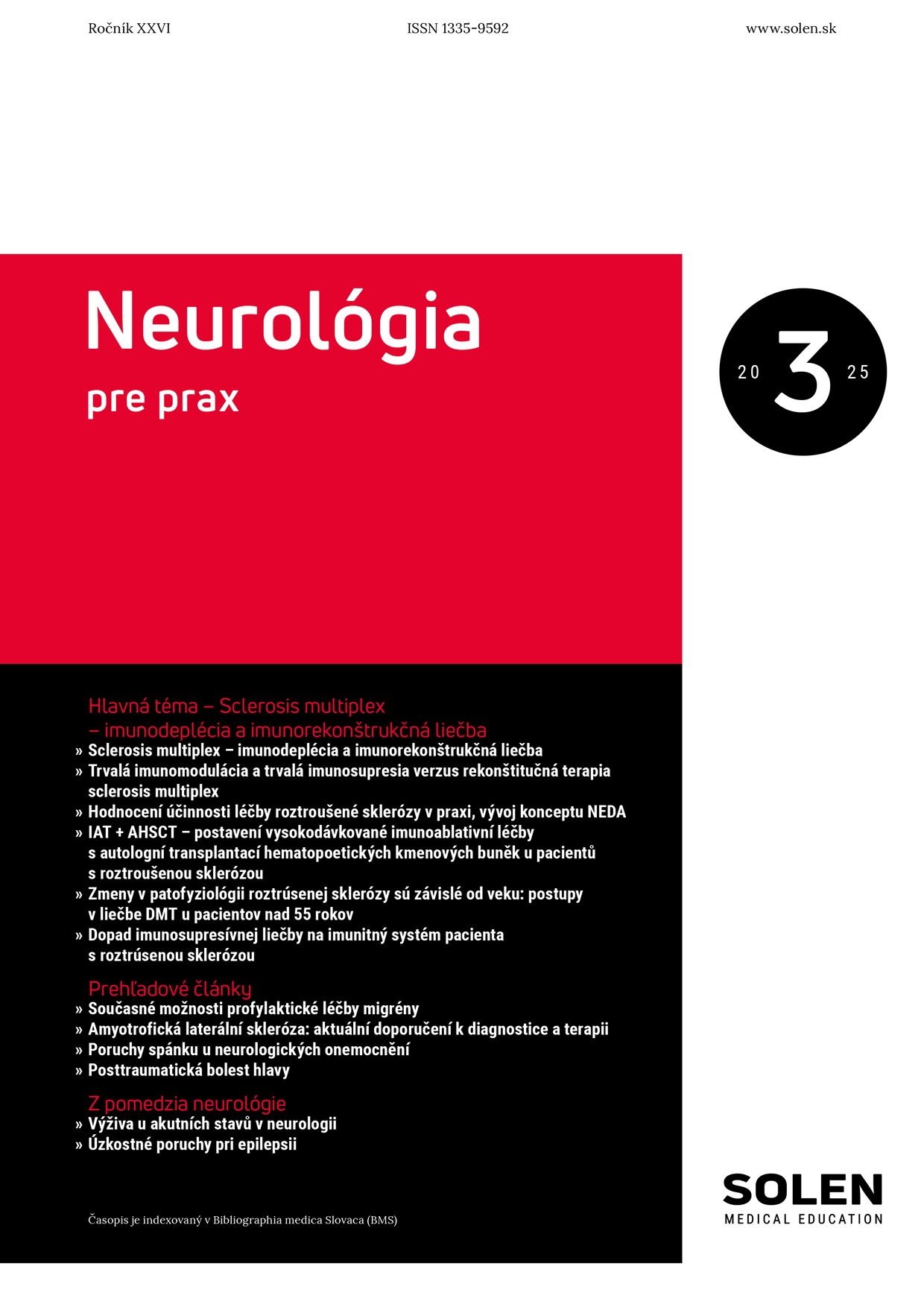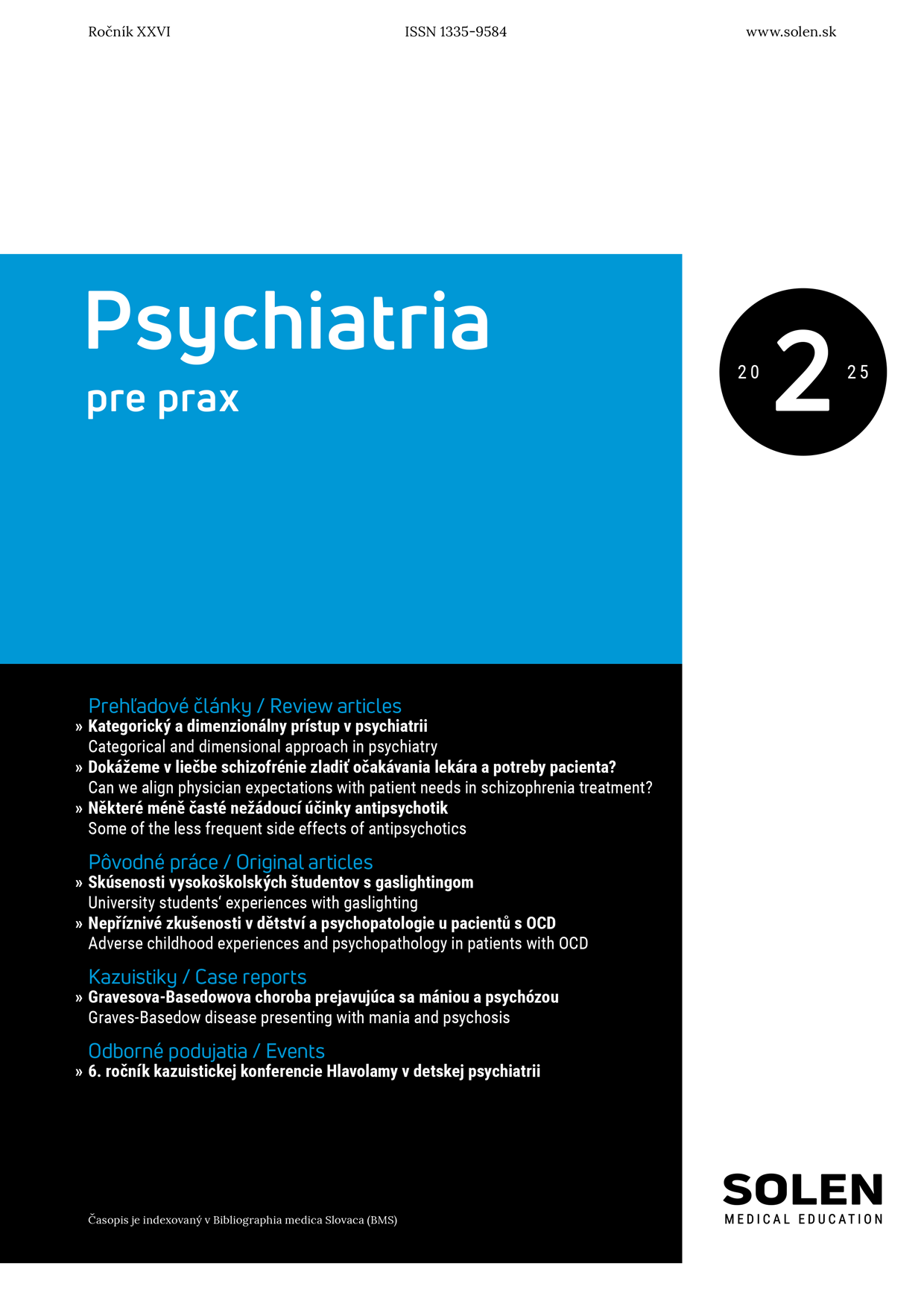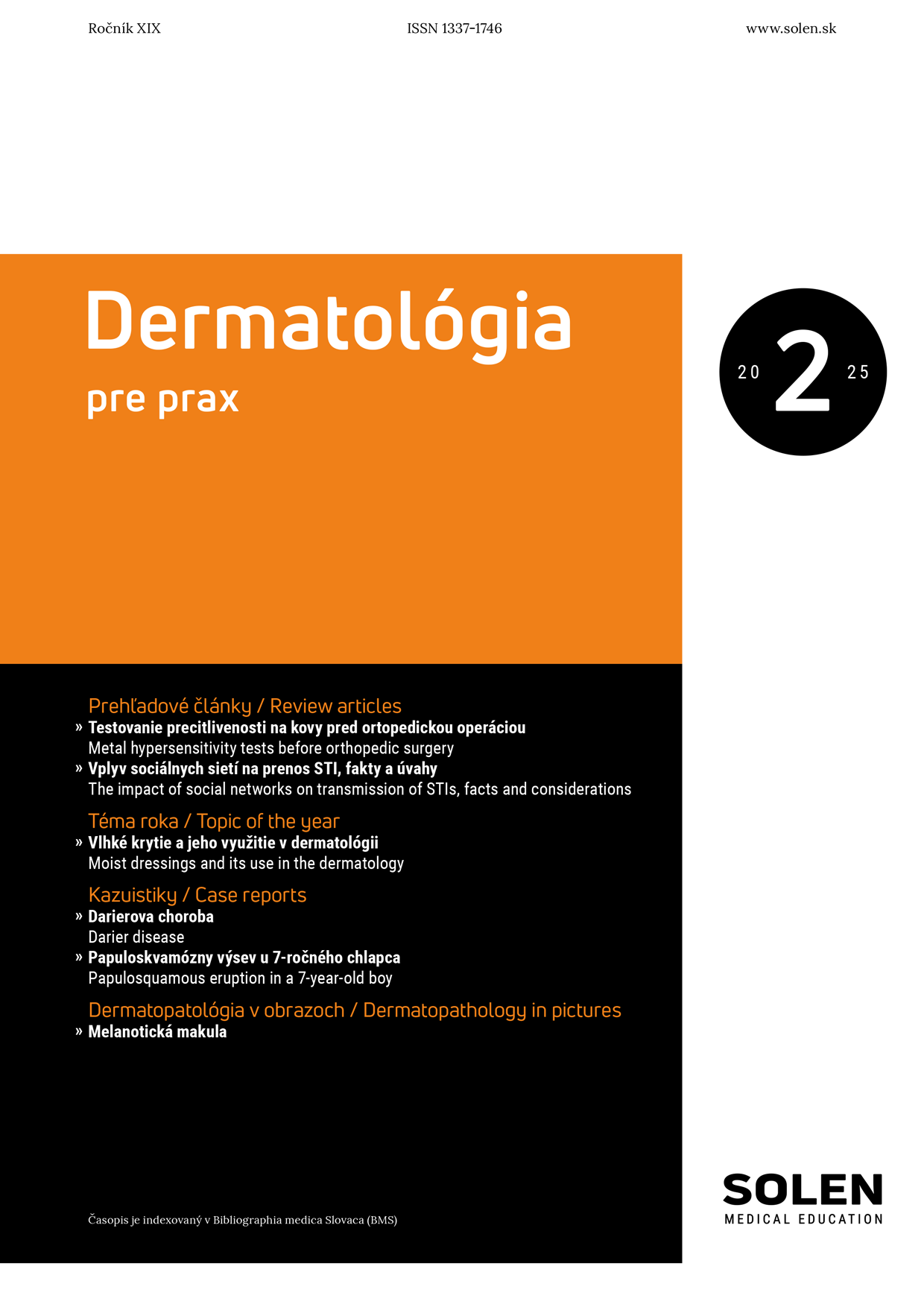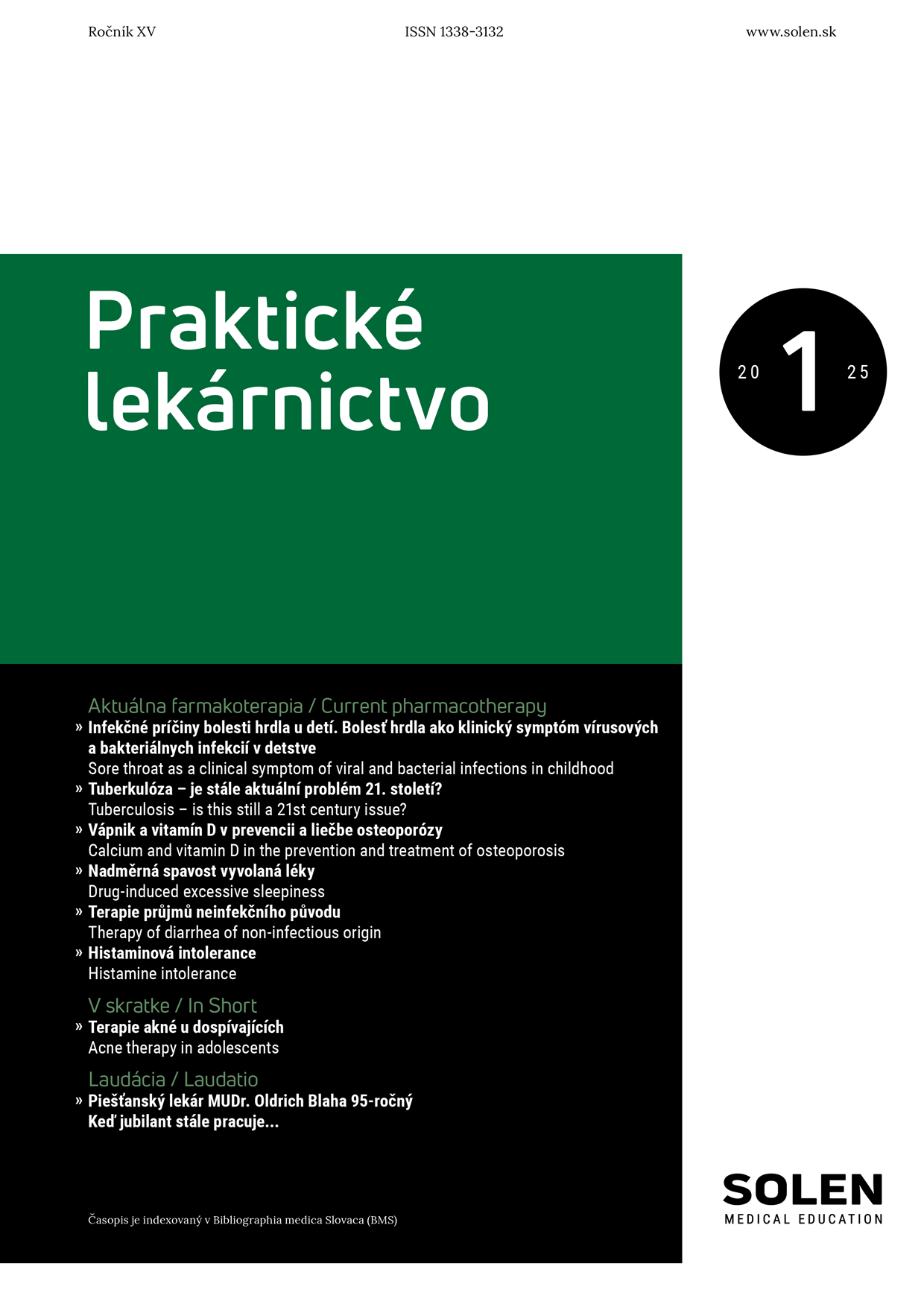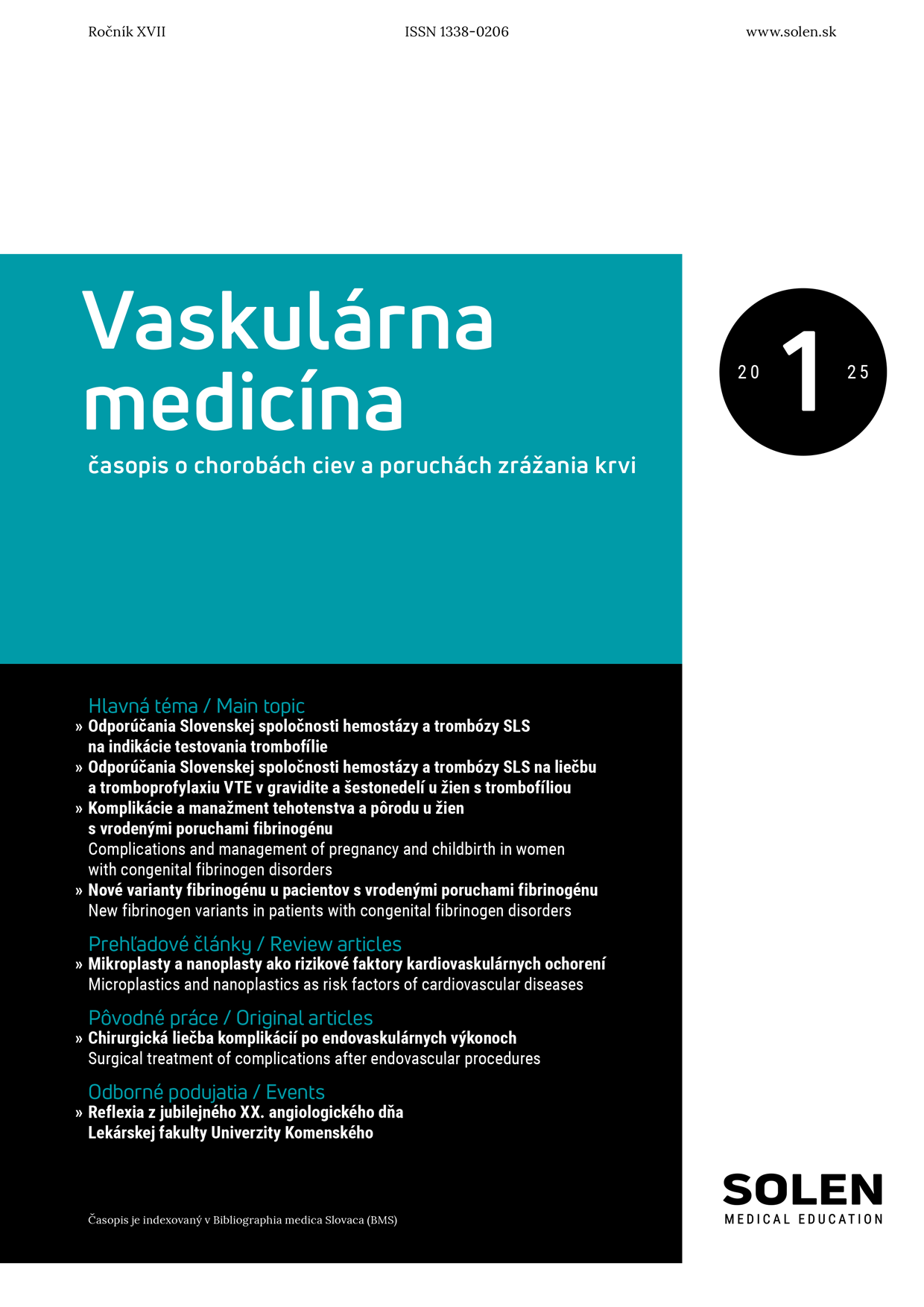Via practica 7-8/2009
New possibilities of VTE prophylaxis and treatment for the knee and hip arthroplasty in orthopedic surgery
Patiens undergoing major orthopedic surgery represent a group that has a particularly high risk for the development of venous thromboembolism (VTE) in postoperative period. The rates of deep vein thrombosis (DVT) following major orthopedic surgery, which was occured during the hospitalisation and objectively confirmed in patients who received no thromboprophylaxis are approximately up to 40 – 60 %. Postoperative VTE represents the second most frequent complication of therapy as well as the second most frequent cause of the prolonged hospitalisation, and the third most frequent cause of increasing mortality and the necessity of health care (both emerging and long-term) in these patients. It seems to be still actual and serious problem, also due to evidence that the fatal pulmonary embolism has caused more than 500 000 deaths per a year in EU, and it represents higher number than the number of deaths caused by lung cancer, prostate cancer, AIDS and traffic accidents altogether (VTE Expert´s Meeting, 2005, Seville). Currently available anticoagulants are effective, but they are admistered parenterally (low-molecular-weight heparins, fondaparinux) or others (vitamin K antagonists) although orally admistered, but they are difficult to manage, because of their unpredictable pharmacological profile (narrow therapeutic window associated with the requirement of frequent monitoring, slow onset of action, interpatient variability, multiple drug and food interactions) and the worse patient´s compliance. New oral anticoagulant, which would be efficacious and safety enough without the requirement of monitoring, is needed. The clinical perspective of orally administered direct inhibitors of factor Xa is to make the oral anticoagulant therapy easier. According to their positive characteristics they would become the new standard of anticoagulant therapy.
Keywords: venous thromboembolism, major orthopedic surgery, thromboprophylaxis, oral anticoagulants.


